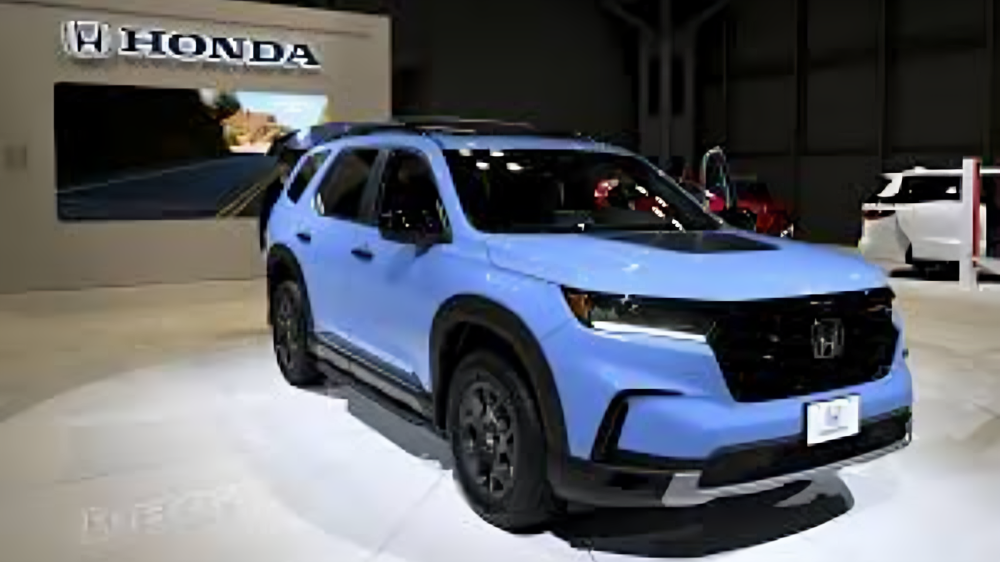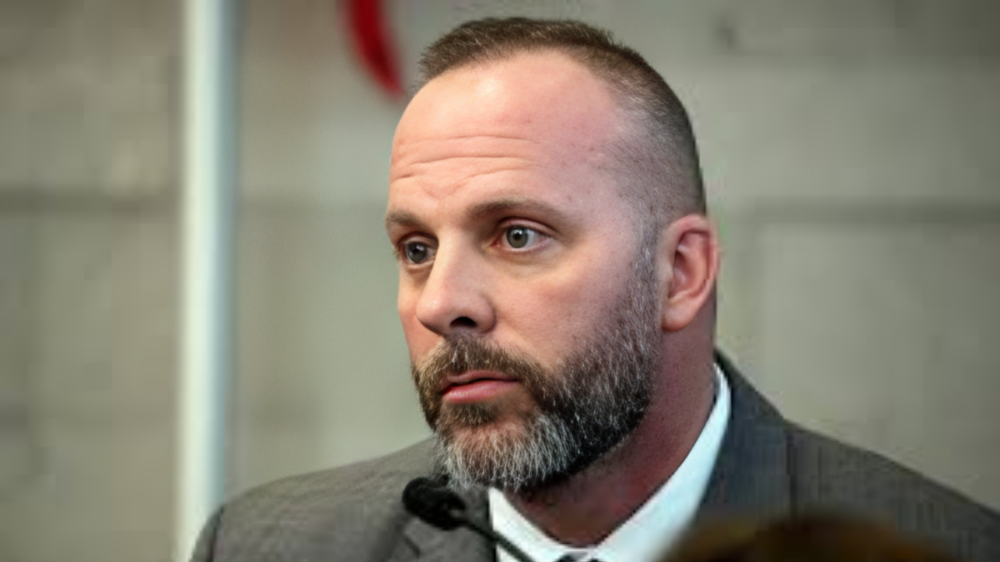Honda, a renowned name in the automotive industry, has built a reputation for producing reliable, efficient, and innovative vehicles. However, like any other major automaker, Honda has faced its share of challenges, including vehicle recalls. In this article, we will delve into the topic of Honda Recalls, exploring the reasons behind them, their impact on consumers, and how Honda addresses these issues. We will also provide answers to frequently asked questions and ensure that the keyword “Honda Recalls” is appropriately integrated throughout the article.
What Are Honda Recalls?
Understanding Vehicle Recalls
A vehicle recall occurs when a manufacturer or a regulatory body identifies a safety-related defect or non-compliance with federal safety standards in a vehicle. The manufacturer is then required to notify owners and offer a remedy, which could be a repair, replacement, or refund.
Why Do Honda Recalls Happen?
Honda Recalls can happen for various reasons, including:
Safety Concerns: Defects that could lead to accidents or injuries, such as faulty airbags or brake systems.
Compliance Issues: Failure to meet federal safety or emissions standards.
Manufacturing Defects: Errors during the production process that affect vehicle performance or safety.
Software Glitches: Issues with onboard computer systems that could impact vehicle functionality.
Notable Honda Recalls in Recent Years
Takata Airbag Recall
One of the most significant Honda Recalls in history involved defective Takata airbags. The issue stemmed from airbag inflators that could explode upon deployment, sending shrapnel into the vehicle cabin. This defect led to numerous injuries and fatalities worldwide.
- Affected Models: Over 12 million Honda and Acura vehicles in the U.S. alone.
- Remedy: Honda replaced the defective airbag inflators free of charge.
Fuel Pump Recall
In 2020, Honda issued a recall for over 600,000 vehicles due to faulty fuel pumps that could cause engine stalling or failure to start.
- Affected Models: Accord, Civic, CR-V, and other popular models.
- Remedy: Replacement of the fuel pump module.
Electrical System Recall
Some Honda vehicles were recalled due to issues with the electrical system, which could lead to power window failures or even fire hazards.
- Affected Models: Odyssey, Pilot, and Ridgeline.
- Remedy: Inspection and replacement of faulty components.
How Honda Handles Recalls
Proactive Measures
Honda takes a proactive approach to identify and address potential safety issues. The company conducts rigorous testing and collaborates with regulatory bodies to ensure compliance with safety standards.
Customer Communication
When a recall is issued, Honda notifies affected customers via mail, email, or phone. The notification includes details about the defect, potential risks, and instructions on how to proceed.
Free Repairs
Honda provides free repairs or replacements for defective components at authorized dealerships. Customers are encouraged to schedule appointments promptly to ensure their vehicles are safe to drive.
Impact of Honda Recalls on Consumers
Safety Concerns
Recalls are primarily aimed at ensuring customer safety. Addressing defects promptly can prevent accidents and injuries.
Inconvenience
While recalls are essential, they can be inconvenient for consumers who need to take time out of their schedules to visit dealerships for repairs.
Trust in the Brand
How a company handles recalls can significantly impact consumer trust. Honda’s transparent and customer-centric approach has helped maintain its reputation despite recalls.
How to Check if Your Honda is Affected by a Recall
Visit Honda’s Official Website
Honda provides a dedicated recall lookup tool on its website. Enter your Vehicle Identification Number (VIN) to check if your vehicle is affected.
Contact a Honda Dealership
Authorized Honda dealerships can also provide information about recalls and assist with scheduling repairs.
Check the NHTSA Website
The National Highway Traffic Safety Administration (NHTSA) maintains a database of all vehicle recalls. Enter your VIN to see if your Honda is listed.
Frequently Asked Questions (FAQs)
Q: What Should I Do if My Honda is Recalled?
If your Honda is recalled, follow the instructions provided in the recall notice. Schedule an appointment with an authorized dealership to have the issue addressed free of charge.
Q: Are Honda Recalls Common?
While Honda has issued several recalls over the years, they are not uncommon in the automotive industry. Recalls are a standard part of ensuring vehicle safety and compliance.
Q: How Long Does a Recall Repair Take?
The duration of a recall repair depends on the nature of the defect. Most repairs can be completed within a few hours, but some may require more time.
Q: Can I Still Drive My Honda if It’s Recalled?
It depends on the severity of the defect. If the recall involves a critical safety issue, it is advisable to avoid driving the vehicle until the repair is completed.
Q: Does Honda Cover Recall-Related Expenses?
Yes, Honda covers all costs associated with recall repairs, including parts and labor.
Conclusion
Honda Recalls are a testament to the company’s commitment to safety and customer satisfaction. While recalls can be inconvenient, they play a crucial role in ensuring that vehicles remain safe and reliable. By staying informed and proactive, Honda owners can address recall issues promptly and continue to enjoy the benefits of driving a Honda.




